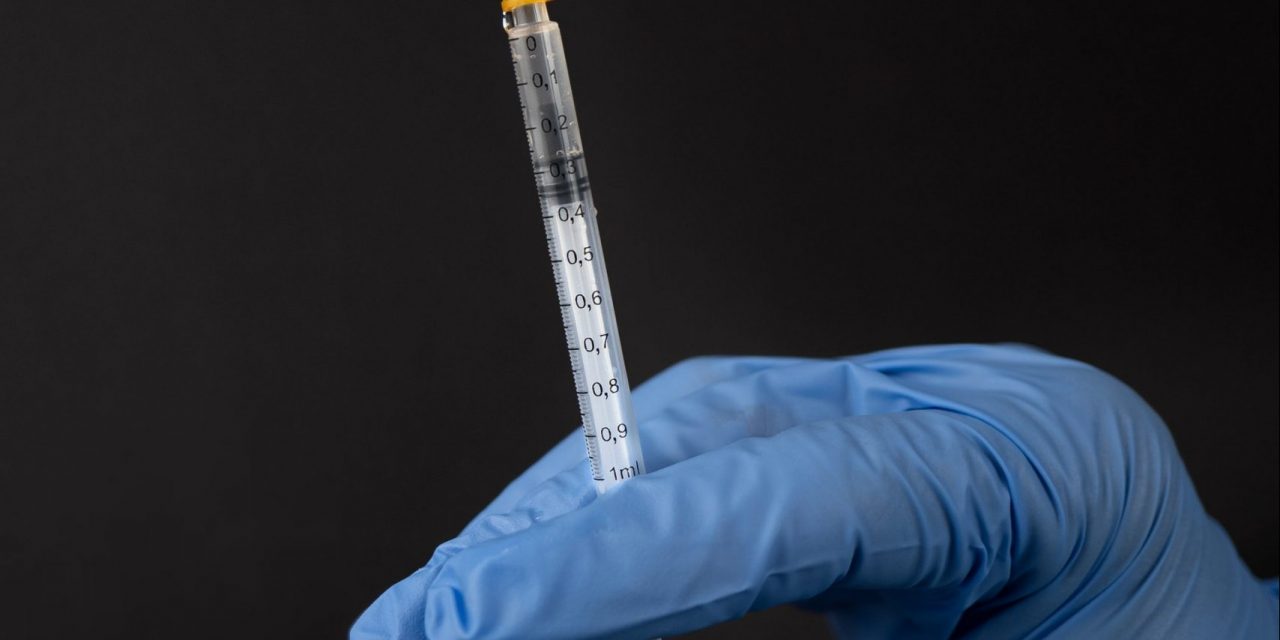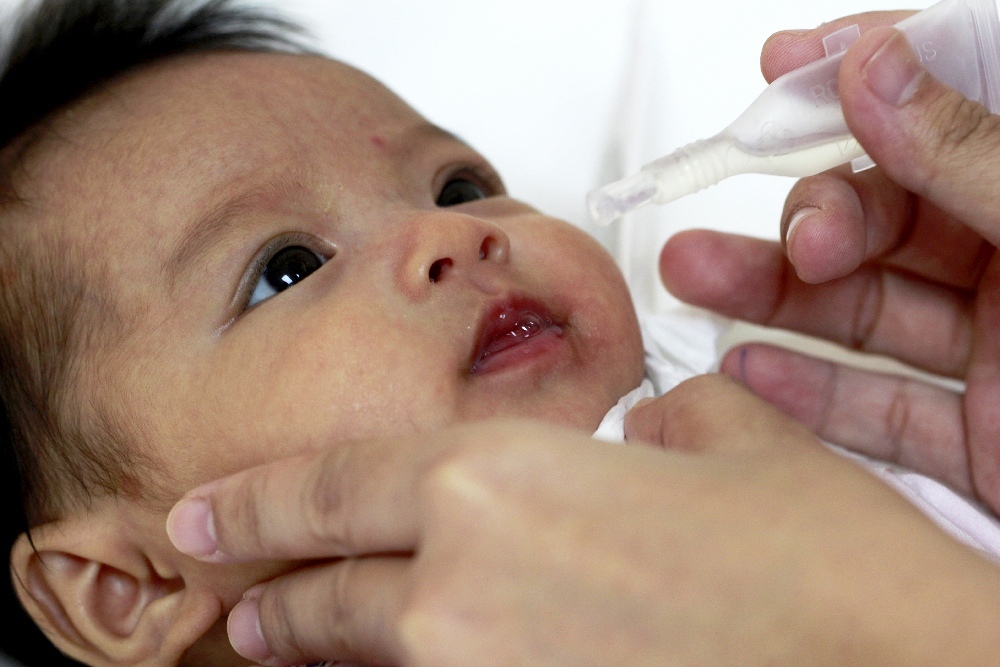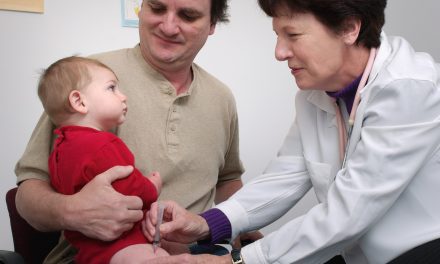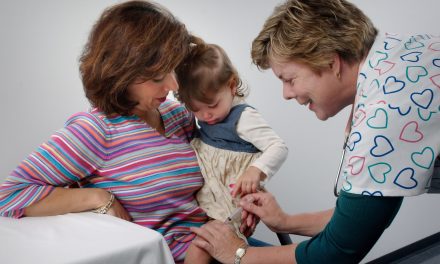From the first moment you hold your little bundle of joy in your arms, there are a hundred things you’ll want to take care of. The first time feeding, burping, and putting your baby to sleep, are all experiences you’ll be learning. Another new experience that you’ll have is getting your baby’s first shots.
Among the first vaccines that your child will receive is the Hepatitis B vaccine. If you’re confused about how or why your child needs it, here’s a blog that could help you out. From how many doses to the benefits of taking this vaccine, here’s what parents need to know about the Hepatitis B vaccine. Keep reading further to clear all your doubts about this mandatory vaccine for your child.
What Is Hepatitis B
To put it simply, Hepatitis B is a serious liver disease caused by the hepatitis B virus. It enters the bloodstream and causes severe damage to the liver. The infection can lead to liver cancer (hepatocellular carcinoma) or permanent scarring of the liver (also known as cirrhosis). The virus is likely to remain in the body for a lifetime, especially if contracted by a baby at birth. This could also lead to chronic Hepatitis B.
The hepatitis B virus can infect anyone at any time during their life. You can contract it by coming in contact with an infected person’s blood or certain bodily fluids. Babies can get the hepatitis B virus from their infected mothers at birth. Some children can also contract the infection while living in the same household as a person with a long-term form of infection, or by sharing personal use items such as razors or toothbrushes.
Why Does Your Child Need A Hepatitis B Shot At Birth
The first part of what parents need to know about the Hepatitis B vaccine is that their baby will have to take their first shot at birth itself. This is irrespective of whether you choose to follow the National Immunization Schedule (NIS) or the Indian Academy of Pediatrics (IAP) immunization schedule.
There isn’t a cure for the hepatitis B infection yet. Taking the Hepatitis B vaccine can prevent the chances of contracting the infection to quite some extent. Your child needs to get their first dose of the Hepatitis B vaccine at birth itself. This will protect them from any exposure or from carrying forward the chronic infection. The hepatitis B virus infections are known as the “silent epidemic”. That’s because many of the infected people don’t experience symptoms or look sick till decades later, when they suffer from serious liver damage.
The chances of contracting the serious disease in the future can reduce significantly if your child gets the doses of the Hepatitis B vaccine at birth. A baby who isn’t vaccinated and contracts the infection within the first five years of their life has a 15% to 25% risk of premature death from liver disease. For this reason, the World Health Organization (WHO) recommends the inclusion of the Hepatitis B vaccine in the immunization programs of all countries. The Hepatitis B vaccine is like your baby’s “insurance policy” against being infected with the deadly virus.

Your child will get the first dose of the Hepatitis B vaccine at birth itself.
How Many Doses Of The Vaccine Does Your Child Need
Ideally given shortly after birth, the Hepatitis B vaccine is usually given as a series of 3 injections. One needs to take the first dose usually within 24 hours of the child’s birth or as soon as possible. Your child gets the second dose of the Hepatitis B vaccine at 1-2 months of age. Ideally, there should be at least one month’s time gap between the first and second doses of the vaccine.
Your child gets the third and final dose of the Hepatitis B vaccine around 6 months of age. The time between the second and third shots of the vaccine should at least be 2 months (a gap of 4 months or more is generally preferred). Babies born prematurely might also need a fourth dose of the vaccine.
If you happen to miss an appointment, it could lengthen the spacing between the doses to longer than the recommended time period. However, it won’t be necessary to start the series over or add more doses. You should complete the dosage from where it was interrupted. This is an important aspect of what parents need to know about the Hepatitis B vaccine since it breeds misconceptions about the doses.
Is The Vaccine Safe For Your Child
As a parent, it’s natural for you to be anxious and overwhelmed with your child’s initial shots. But know that the Hepatitis B vaccine is not only safe for your child but is also effective in controlling the chances of contracting the infection. Taking all the recommended doses of the vaccine provides the highest possible level of protection from the infection. Not only for children, but the Hepatitis B vaccine has also proved to be safe and effective when given to people of all ages.
Like other vaccines, the Hepatitis B vaccine could also have minor side effects on children. The most common side effects from the vaccine are soreness or redness at the infection slight and a slight fever. You can consult with your doctor for any medications that you might want to use. Generally, the side effects would gradually subside in a day or two. Serious side effects from the Hepatitis B vaccine are extremely rare. However, do immediately reach out to your doctor if your child experiences other side effects like breathlessness, swelling of the mouth, or low blood pressure. Immunization isn’t an easy process for your child, make sure you help them prep well.
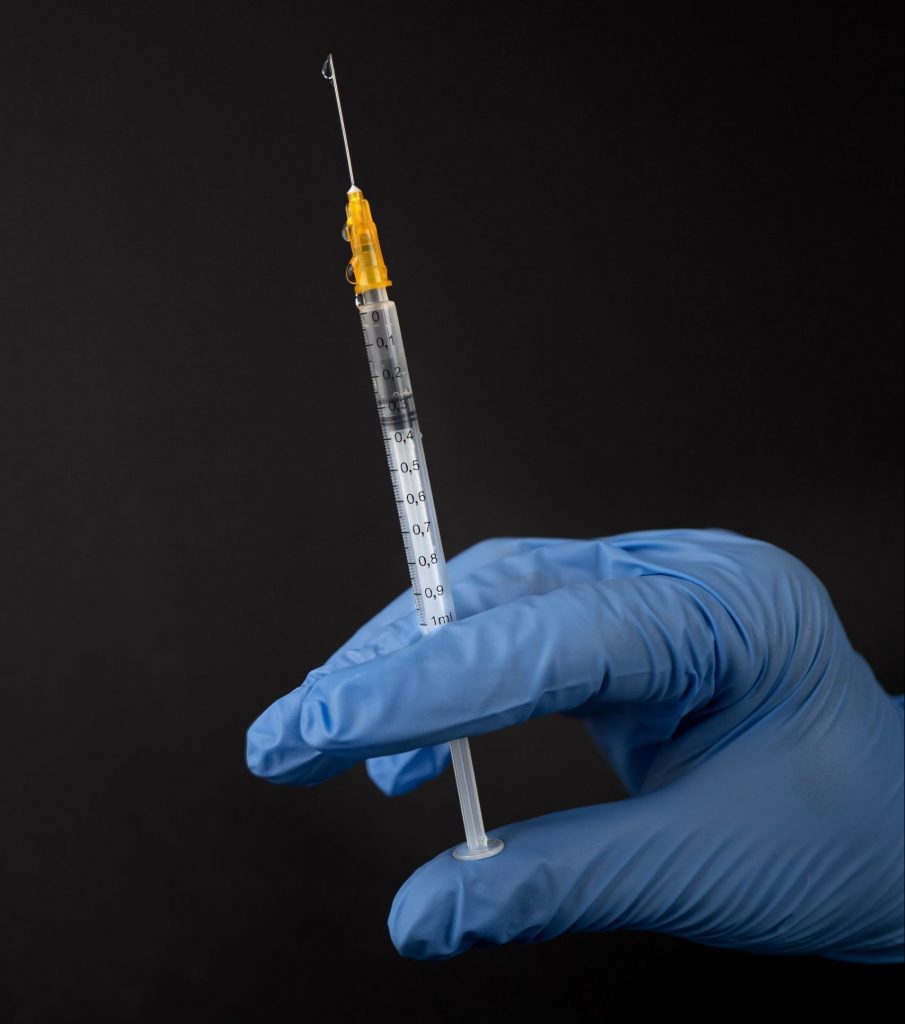
Getting all the doses your child needs will protect them from contracting a chronic infection.
Conclusion
Immunization is an integral part of every child’s health. Your child should receive their vaccines as per the recommended immunization schedules because there so many infections and diseases prevalent around us. Getting the Hepatitis B vaccine for your child becomes all the more important because there isn’t a definitive cure for the infection yet. The vaccine can help prevent your child from contracting the infection to a large extent.
Not just Hepatitis B, but all the vaccines recommended in the immunization schedules are equally important for your child’s health. Skipping or missing out on either of the vaccines isn’t ideal. If you want to keep a safe digitized copy of your child’s health records and get timely notifications for any upcoming vaccination appointments, check out apps like ImmunifyMe. It helps you keep a track of your child’s health records and doesn’t let you forget any important appointments.
FAQs On What Parents Need To Know About The Hepatitis B Vaccine
How Long After Hepatitis B Vaccine Are You Immune?
The Hepatitis B (Hep B) vaccine can provide at least 10 years of immunity and likely for a lifetime too, provided you complete the full series or take all the recommended doses. Your child receives them in a series of 2, 3, or 4 shots to provide long-term immunity. All babies usually receive the Hep B vaccine in a series of 3 shots starting at birth itself. Premature babies might need a 4th dose of the vaccine.
Why Is Hepatitis B Given First?
It is recommended that newborns receive their first dose of the Hepatitis B vaccine as soon as possible after birth. One reason for doing so is that it may be possible for the birth mother to pass on the infection to the baby. This is known as perinatal infection, and to protect the baby from acquiring a chronic infection, it’s important to give the Hepatitis B vaccine first.
What Happens If You Miss A Hepatitis B Shot?
Ideally, you should stick to your child’s immunization schedule as much as possible. However, if you do happen to miss a Hepatitis B shot, try to get the next appointment at the earliest and get your child the vaccine they need. Missing the vaccine shot altogether can result in the under-immunization of your child. It could also possibly increase the risk of contracting the infection.
Can Hepatitis B Be Cured Totally?
As of now, there isn’t any complete cure for Hepatitis B infection. However, there are several treatments and medications that can help manage symptoms and reduce the risk of long-term health complications. However, you can prevent Hepatitis B to a large extent by taking all doses of the vaccine on time.

